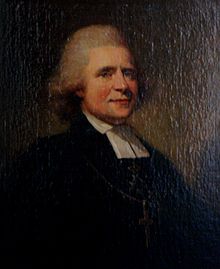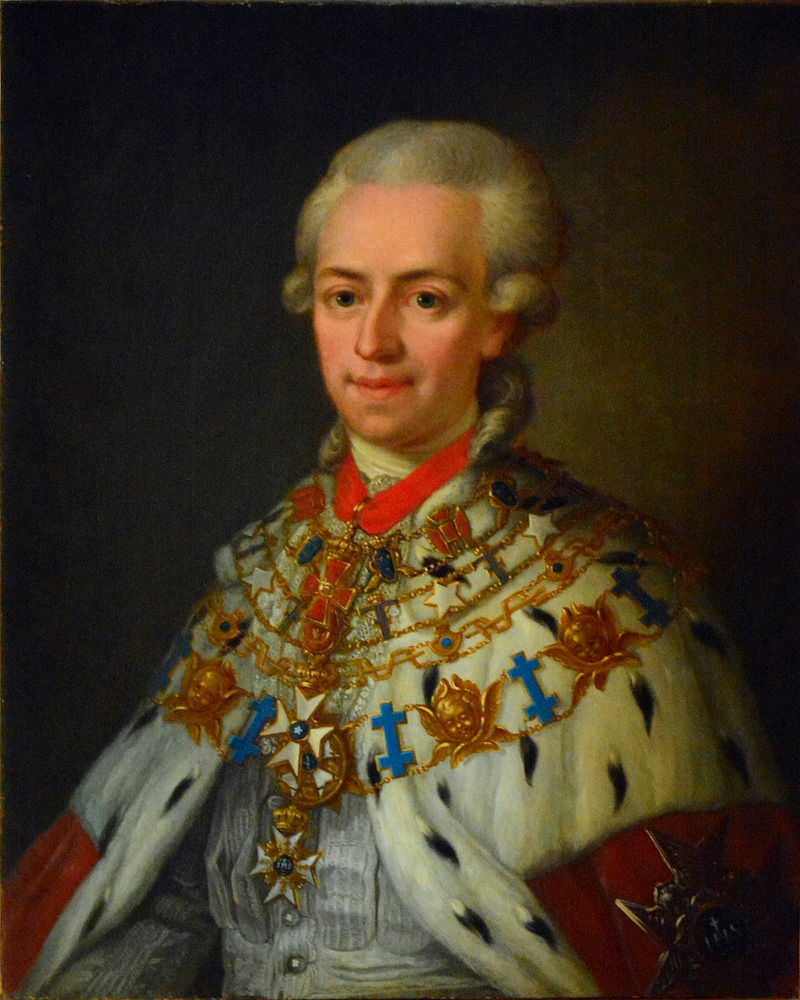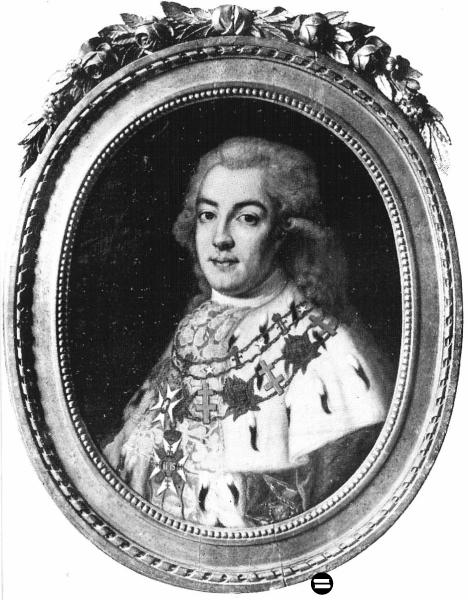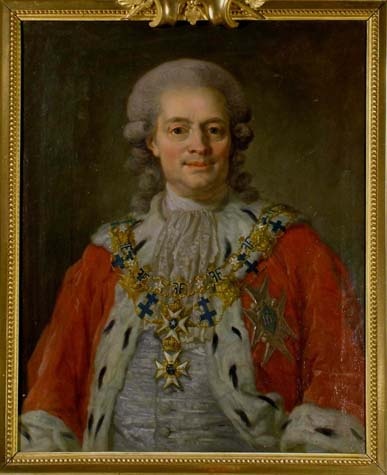Adolf Ludvig Gustav Fredrik Albert Badin, né Couchi, known as Badin, (1747 or 1750 – 1822), was a Swedish court-servant and diarist, originally a slave, butler of first Queen Louisa Ulrika of Sweden and then Princess Sophia Albertine of Sweden. His original name was Couchi, but he was commonly known as Badin, which means mischief-maker or trickster. Badin was married twice but died childless; the rumors that he was the father of the alleged secret daughter of Sophia Albertina have never been confirmed. He married Elisabet Svart (d. 1798) in 1782 and Magdalena Eleonora Norell in 1799 Badin sometimes helped the court poet Bellman to compose verses for special occasions, and some of them were published in his name. Badin participated in plays at the French Theatre in Bollhuset; he is listed as a dancer in a ballet in the 1769-70 season and played the main part in Arlequin Sauvage in the 1770–71 season, a play in which a "savage" meets civilization, and an erotic play by Marivaux. A book from the library of Badin, with his name lettered in gilt on front cover Badin collected an extensive library consisting of some 900 volumes, mostly in French. It was sold in Stockholm in the year of his death 1822 with a printed catalogue. This makes him one of the first recorded book collectors of African origin. The social position of Badin was not quite clear; he was given several titles, such as chamberlain, court secretary, ballet master and official; he never used the title "official", which King Gustav gave him, and told him; "Have you ever seen a black official?", but preferred to call himself farmer, as he owned two farms. He was also elected to the orders of Par Bricole, Svea Orden, Timmermansorden and the Freemasons. He was described as an intelligent and reliable person with self-confidence, and though he was informed about many of the secrets of the royal family and the court, he never revealed anything, and was very loyal to the royal house throughout his entire life. His diaries, written in French, are preserved in the library of the Uppsala University. Badin is a character in the novel Morianen by Magnus Jacob Crusenstolpe in 1838, where he was described as the participator in all the secrets and greater events of the royal family, from the revolution of 1772 to the deposition of 1809. Though this was exaggerated, it was nevertheless a more-or-less true image of him. HE IS DEFINITELY AN INTERESTING CHARACTER.
Spoiler Alert, click show to read:





 Reply With Quote
Reply With Quote

























